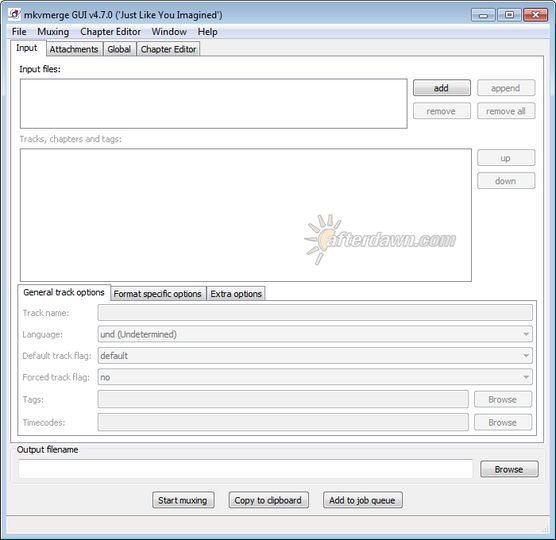

A user with backup privileges can trivially compromise a client installation. It runs binaries with root permissions when parsing the command line argument -star-path.Īn issue was discovered in Amanda 3.3.1. Amstar is an Amanda Application API script. Please note that some of the information in the bulletin is compiled from external, open-source reports and is not a direct result of CISA analysis.Īdrenalin HRMS version 5.4.0 contains a Reflected Cross Site Scripting (XSS) vulnerability in the ApplicationtEmployeeSearch page via 'prntDDLCntrlName' and 'prntFrmName'.Īdvanced_maryland_automatic_network_disk_archiver - advanced_maryland_automatic_network_disk_archiverĪn issue was discovered in Amanda 3.3.1. Patch information is provided when available.

This information may include identifying information, values, definitions, and related links. Low: vulnerabilities with a CVSS base score of 0.0–3.9Įntries may include additional information provided by organizations and efforts sponsored by CISA.Medium: vulnerabilities with a CVSS base score of 4.0–6.9.High: vulnerabilities with a CVSS base score of 7.0–10.0.The division of high, medium, and low severities correspond to the following scores: Vulnerabilities are based on the Common Vulnerabilities and Exposures (CVE) vulnerability naming standard and are organized according to severity, determined by the Common Vulnerability Scoring System (CVSS) standard. Please visit NVD for updated vulnerability entries, which include CVSS scores once they are available. In some cases, the vulnerabilities in the bulletin may not yet have assigned CVSS scores. The CISA Vulnerability Bulletin provides a summary of new vulnerabilities that have been recorded by the National Institute of Standards and Technology (NIST) National Vulnerability Database (NVD) in the past week.


 0 kommentar(er)
0 kommentar(er)
